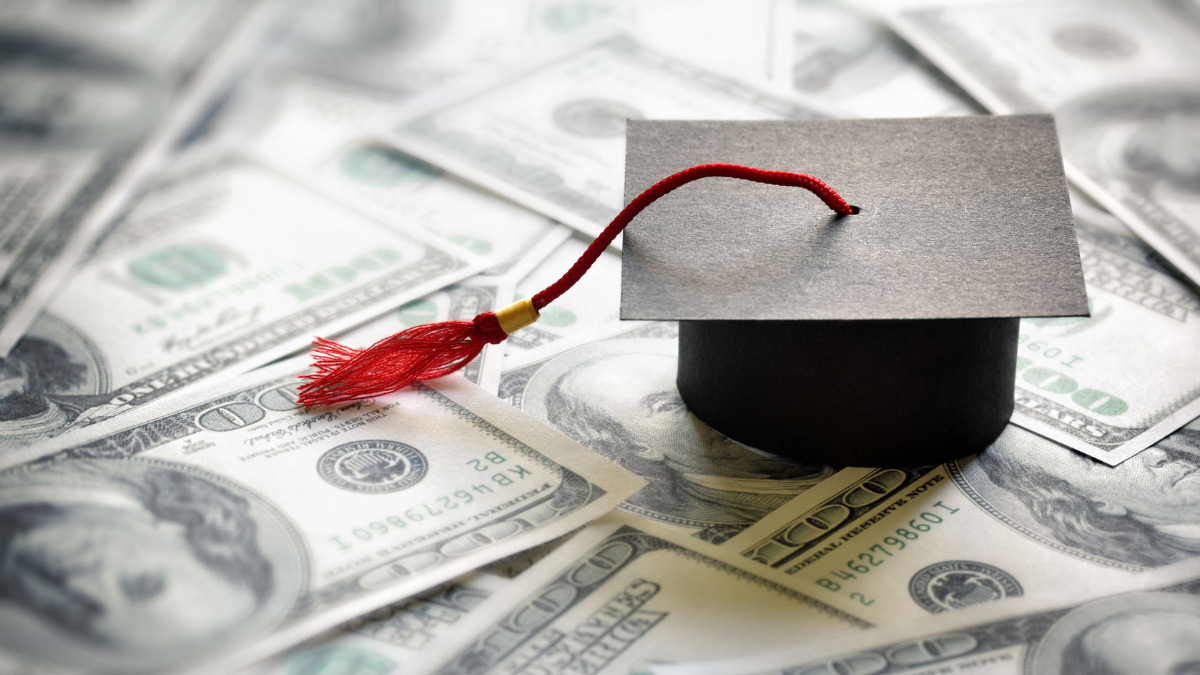In the bidding war among progressive Democratic presidential aspirants to demonstrate their quasi-socialist bona fides, Elizabeth Warren is hard to top, the ne plus ultra of progressive chic, as her new proposal to wipe out most of the student loan debt in the U.S. demonstrates, to be largely financed by a wealth tax on affluent Americans.
This is probably the single worst higher education reform proposal I have seen in six decades of trolling American academic vineyards. It is mind-boggling in the potential harm it would pose to our nation. It is unfair to tens of millions of Americans who have faithfully repaid their student loans. Many with existing debt are living good lives, making minimal debt repayments, perhaps anticipating the successful enactment of a proposal such as Sen. Warren’s. It would create an enormous moral hazard problem, meaning future borrowers would simply not repay their debt. Sen. Warren’s response to that would probably be: we will make college free for all, except those deplorable Americans with high incomes (whose incomes are high precisely because they are highly productive members of society). One criticism of the Warren proposal is that some people with mid-sized incomes have fairly impressive amounts of wealth, and forgiving debt for them unfairly increases their already fairly sizable net worth.
At a time when highly progressive nations like Sweden are abandoning earlier efforts at wealth taxation, and consequently having higher rates of economic growth, Senator Warren wants to dampen the phenomenal American economic exceptionalism exhibited over the past two centuries by great entrepreneurs like Cornelius Vanderbilt, John D. Rockefeller, Henry Ford, Sam Walton and Steve Jobs, who were motivated, at least in part, by the financial rewards of their hard work, exceptional ability to see future needs, and risk-taking. As I calculate it, her wealth tax would require both Warren Buffet and Bill Gates to pay about $200 million annually to the government—money that these individuals currently plan to use not to build large yachts or mansions, but rather after their deaths to serve society through their charitable giving. A decent case can be made that that money would be better used by private foundations serving human needs than by a highly bureaucratic governmental allocation of funds.
All of this flows from Senator Sanders’ free college proposal, on which I have previously written. We have too many, not too few, persons going to college. Two out of five full time students fail to graduate in six years. Of those who do graduate, the New York Federal Reserve tells us that another two out of five end up taking jobs traditionally filled by those with high school diplomas. Do the math: out of every 100 students who enter college, only about 60 graduate, and 40% of them, or 24, end up doing jobs for which a college diploma was clearly unnecessary. Put differently, only 36 out of every 100 kids who enter college both graduate and get relatively high-skilled jobs. Investing in college students is both risky and costly. I think we are over-invested, not under-invested, in college education.
There is more to the Warren proposal. She wants to give large amounts to historically black colleges and universities (HBCUs). Why? I suspect it has more to do with identity politics than sound resource allocation. Only about 12% of African-American college students today actually attend these schools, many of them have enrollments seriously in decline, and their average success rate as measured by such standard measures as graduation rates and post-attendance earnings are extremely modest. News reports say she wishes to give these schools, with well under 300,000 students enrolled, some $50 billion—over $167,000 per student.
For whatever it is worth (probably not much), I think this ever more unrealistic bidding war is doing two things. Within the Democratic Party, it is enhancing the prospects of candidates like Joe Biden (still unannounced but expected), Beto O’Rourke and Pete Buttigieg who are in the more traditionally liberal but not socialist Democratic tradition. Second, it is enhancing President Trump’s reelection odds by appearing too far out of the American political mainstream. But then again, I am an economist, and economists cannot even accurately predict economic performance, much less politics.
Read more about student loans in my Restoring the Promise: Higher Education in America, out May 1 from the Independent Institute.













